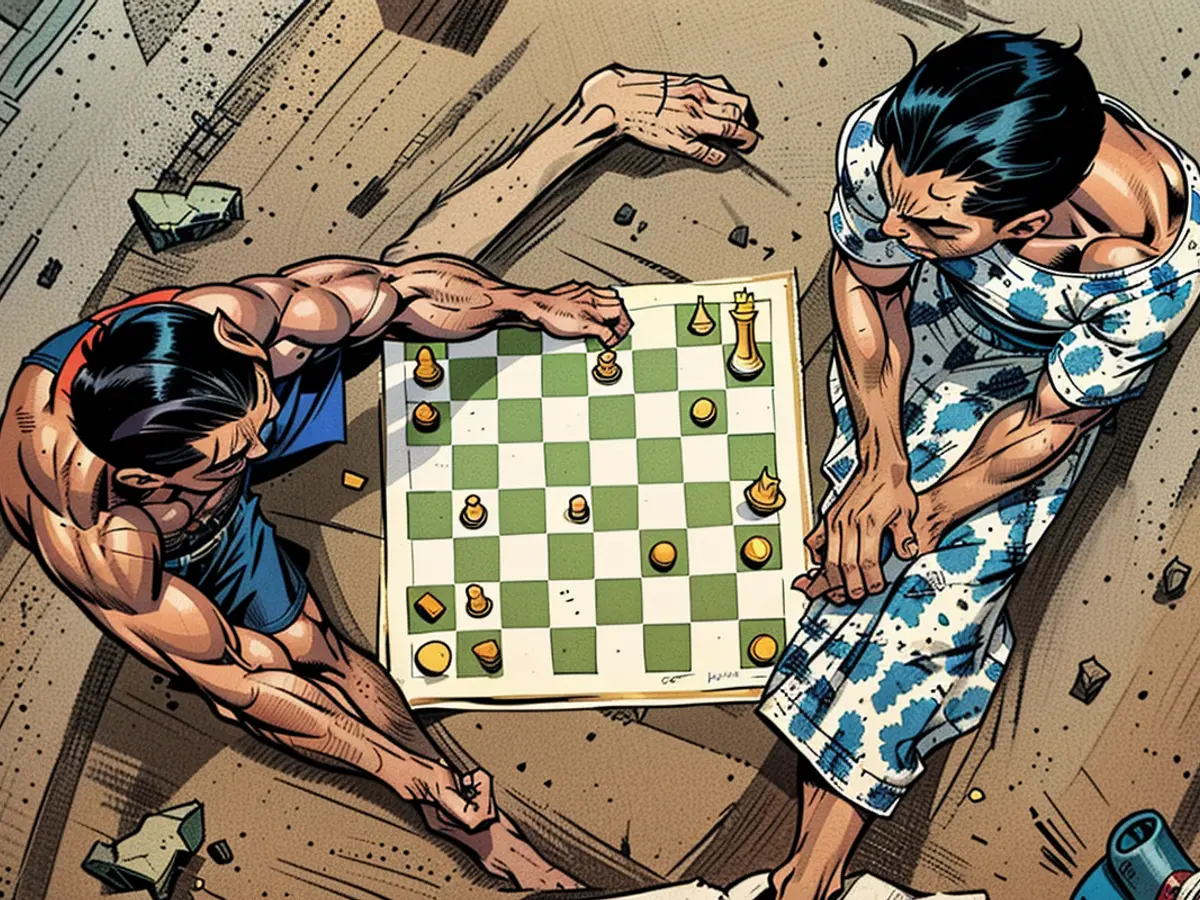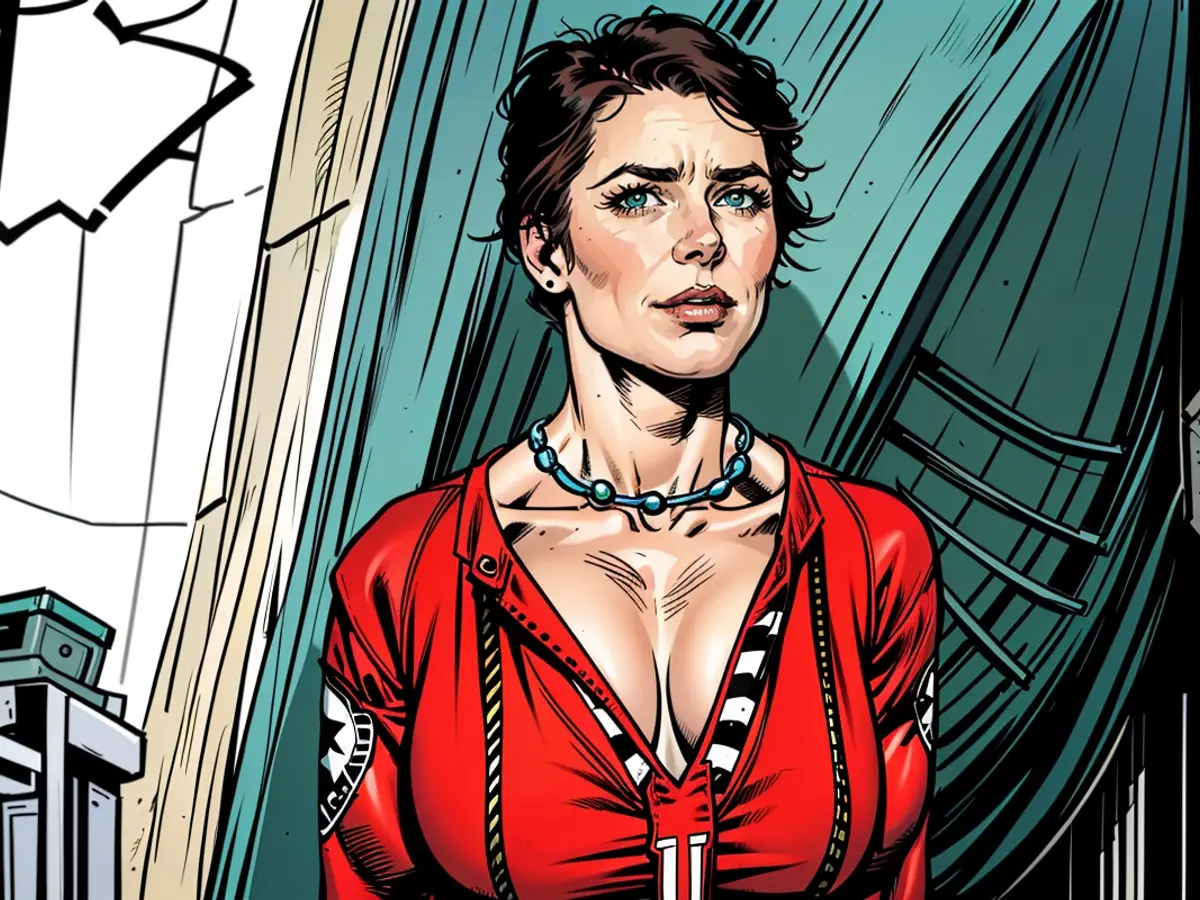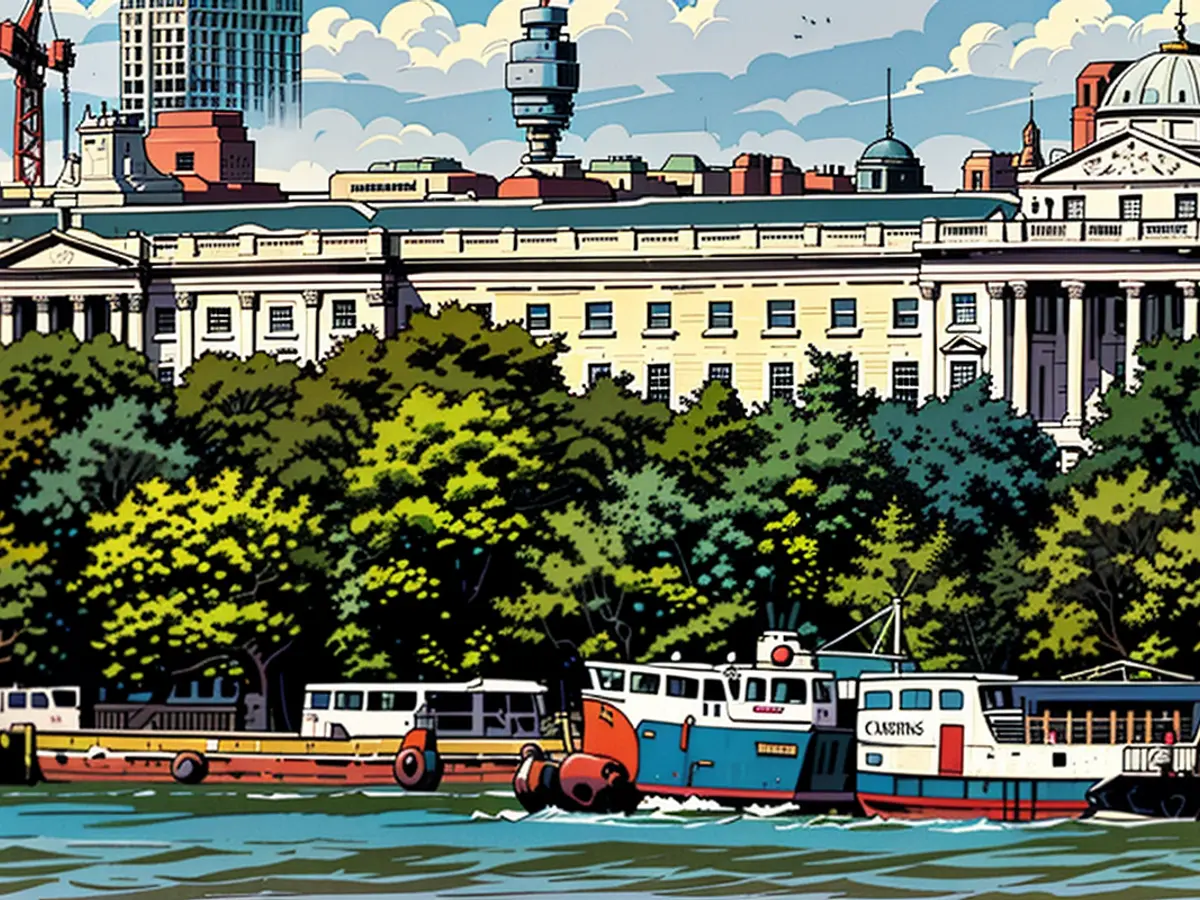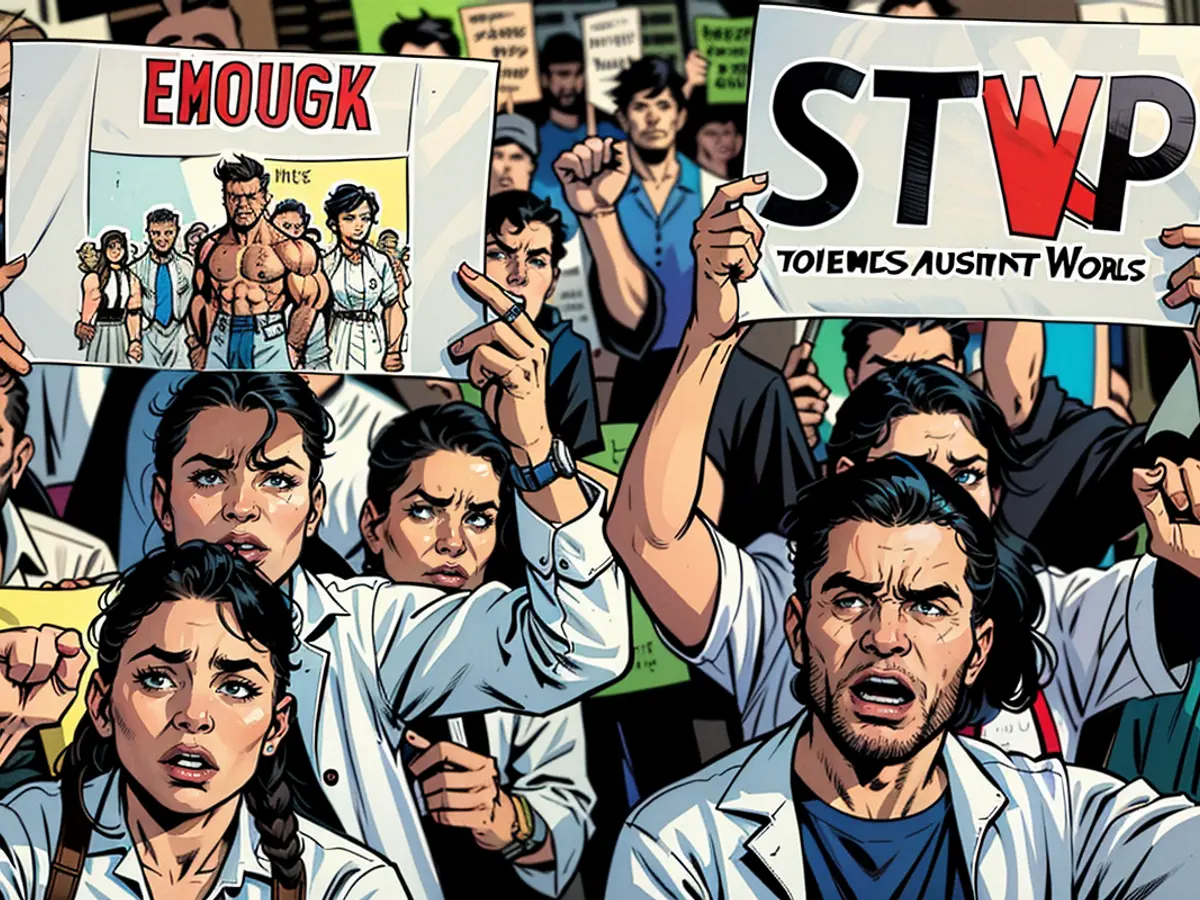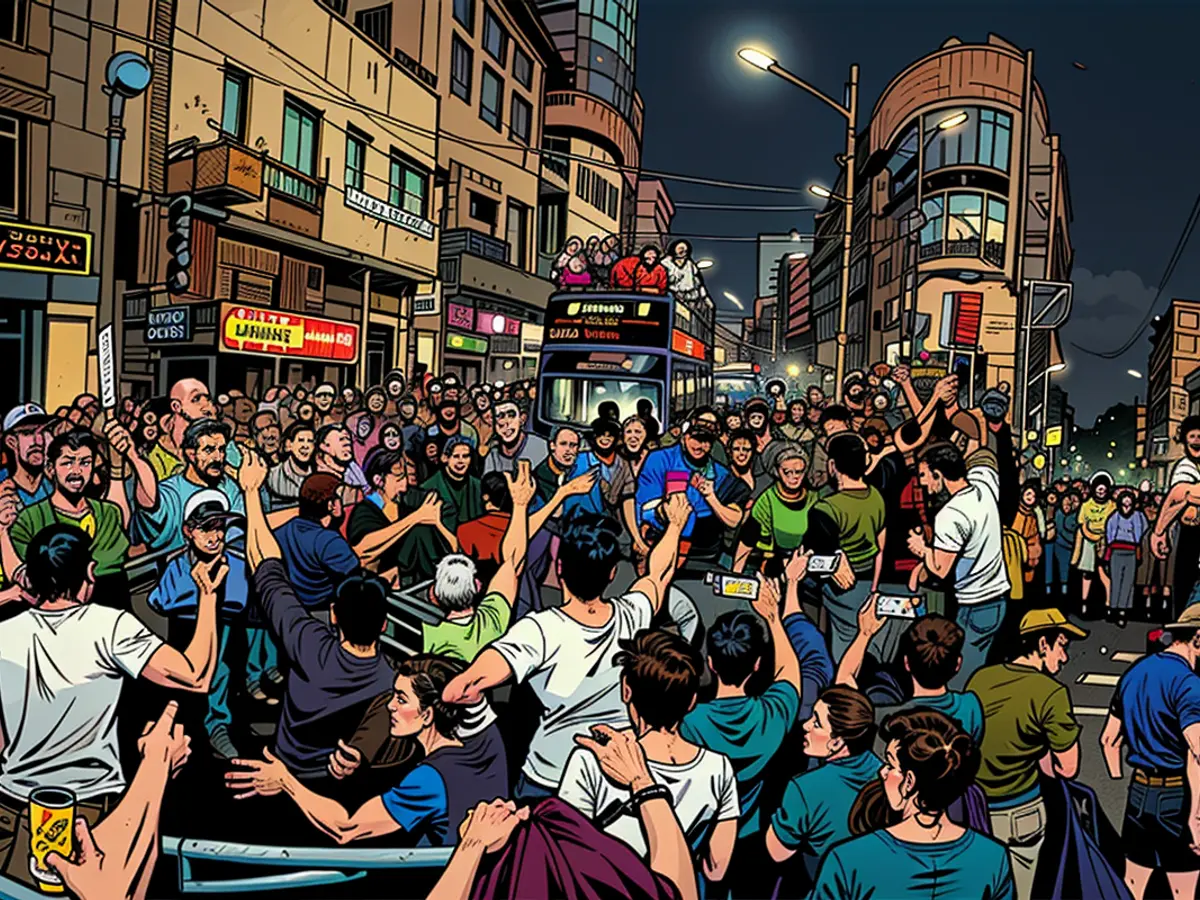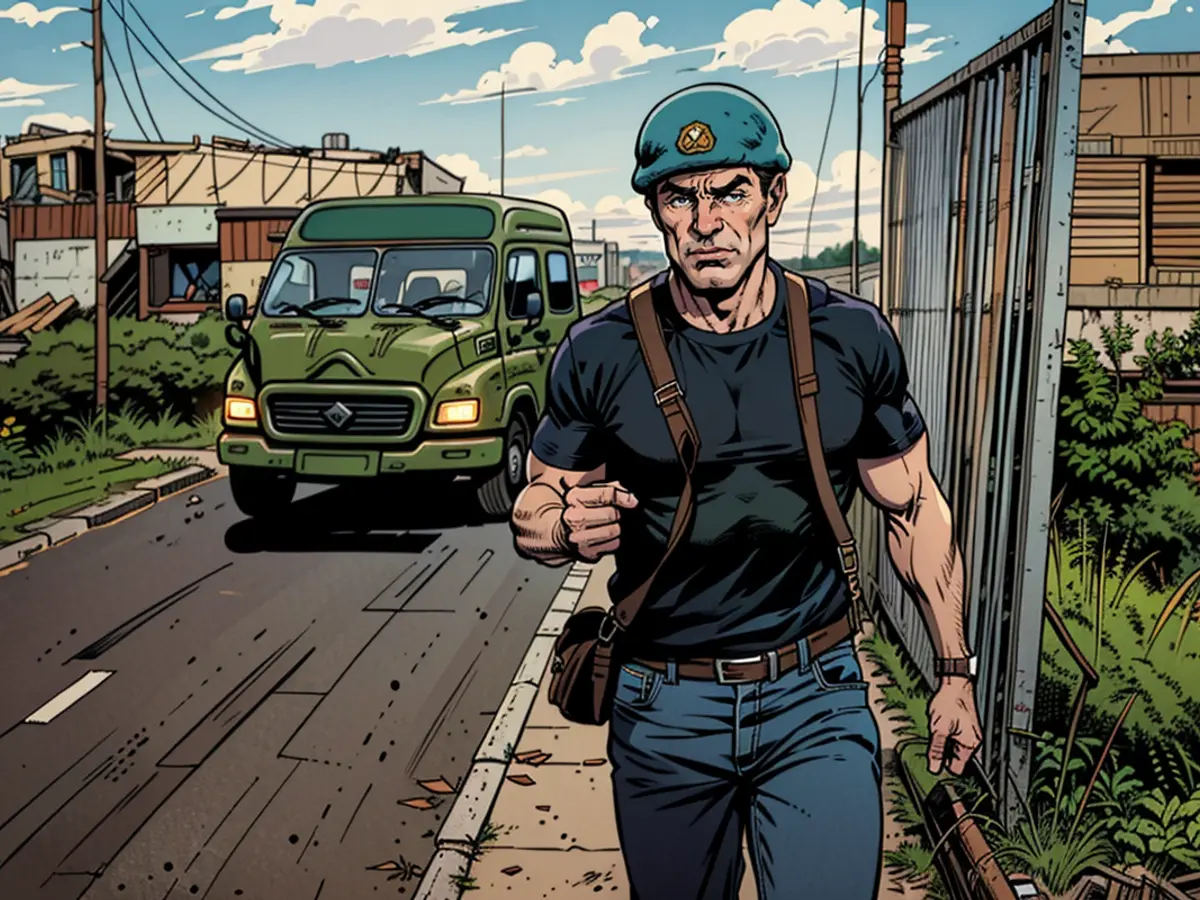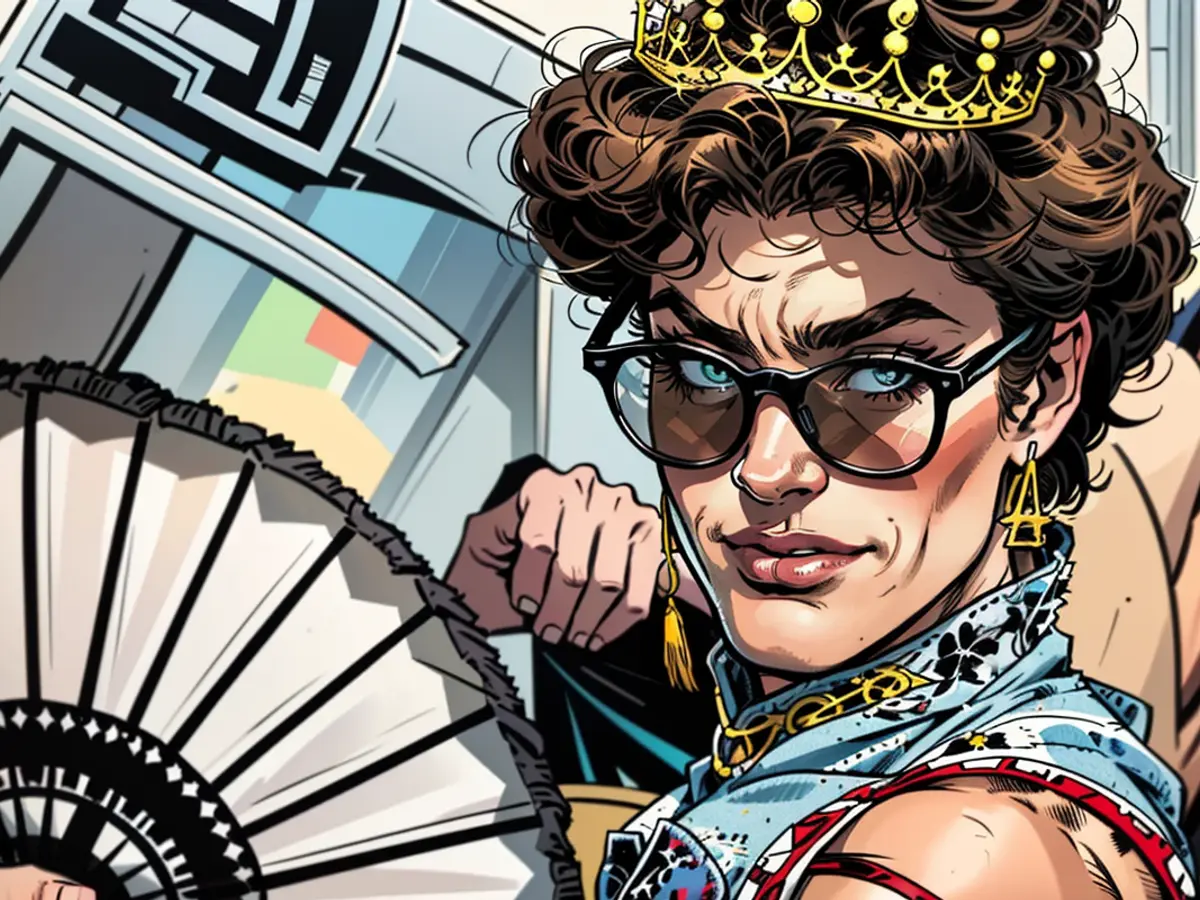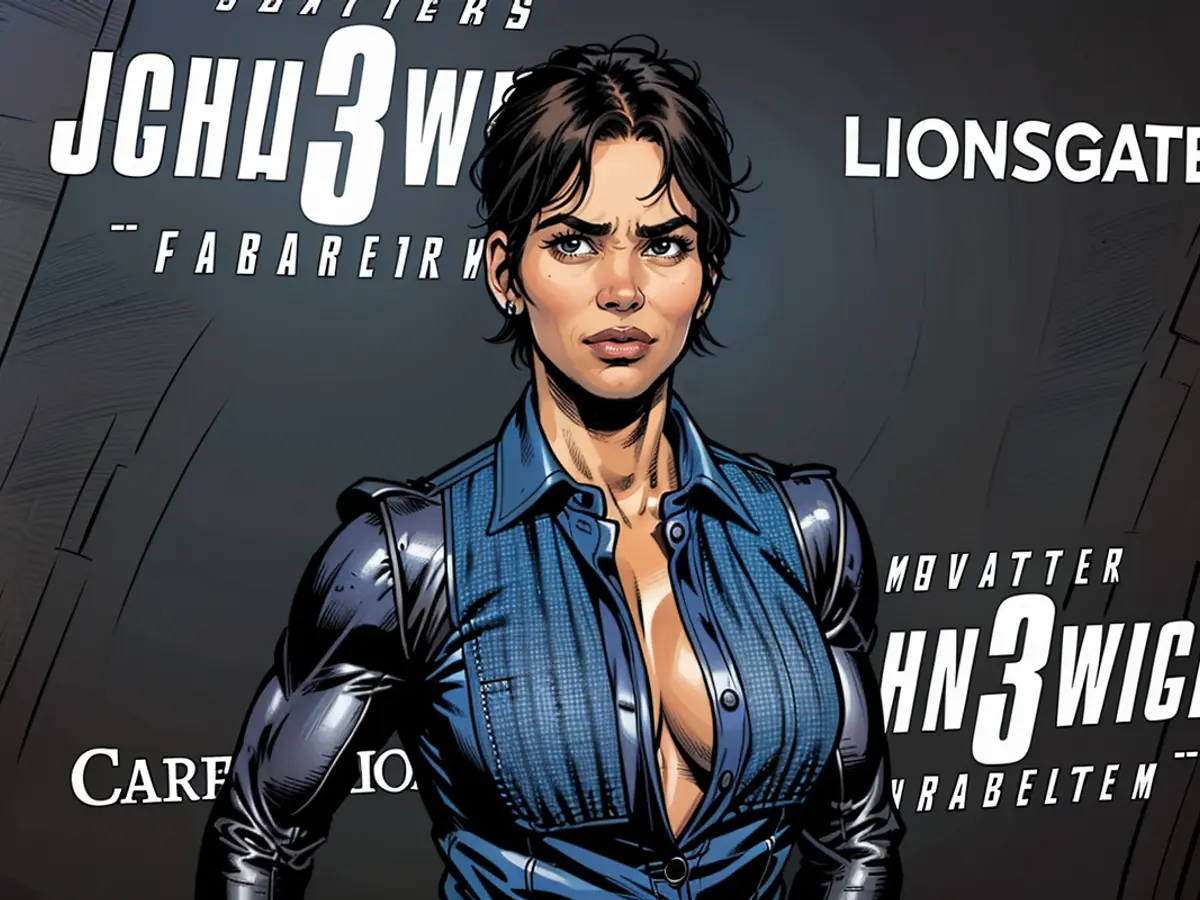Displaced Congolese Youngsters Opt for Chess over Armed Conflict
For years, intense conflicts have been ongoing in the Congo. Over half a million people have been internally displaced within this African nation, many of them being children. In one of these refugee camps, a chess club is causing significant modifications.
Children sit on the raw ground, their attire worn and tattered, their footwear full of holes. Yet, their eyes gleam and are focused on the action before them. Here, in the corner of a conflict-stricken refugee camp in the eastern Congo, a dozen chess matches are in progress, each with its own rapt audience.
The Soga Children's Chess Club may not boast enough tables and chairs. The "boards" are simple squares of paper, marked with green and white blocks and reinforced on the underside with plastic to enhance their durability. The pieces often tumble over if the players haven't managed to find a level spot on the ground to position their paper game.
However, the club's founders claim that this basic setup is sufficient to distract these children, if only a little, from the turmoil they've witnessed and encountered as part of one of the world's most severe crises: fights and killings, starvation and fear. They've all lost their homes, some their fathers, mothers, or siblings.
Chess as Therapy
Chess serves as a therapeutic means for the children to escape the anxiety and horrors they've endured, says Gabriel Nzaji, one of the chess trainers of the club. The game encourages the children to remain still and concentrate - and thus find some serenity.
More than half a million people have been displaced due to the prolonged conflict in eastern Congo. Various armed groups are fighting each other there over land and control of territories with valuable minerals. An escalation of fighting in recent months has triggered a new wave of refugees. Unfortunately, there seems to be no end in sight to this refugee crisis, which surpasses others in its magnitude and garners lesser attention from the global public.
Hundreds of thousands of individuals, compelled to flee the destructive attacks on their cities and villages, have ended up in camps like the one in Kanyaruchinya, where the Soga Chess Club operates. According to UNICEF, around 250,000 children reside in these camps, far removed from their homes, schools, and sometimes even their families.
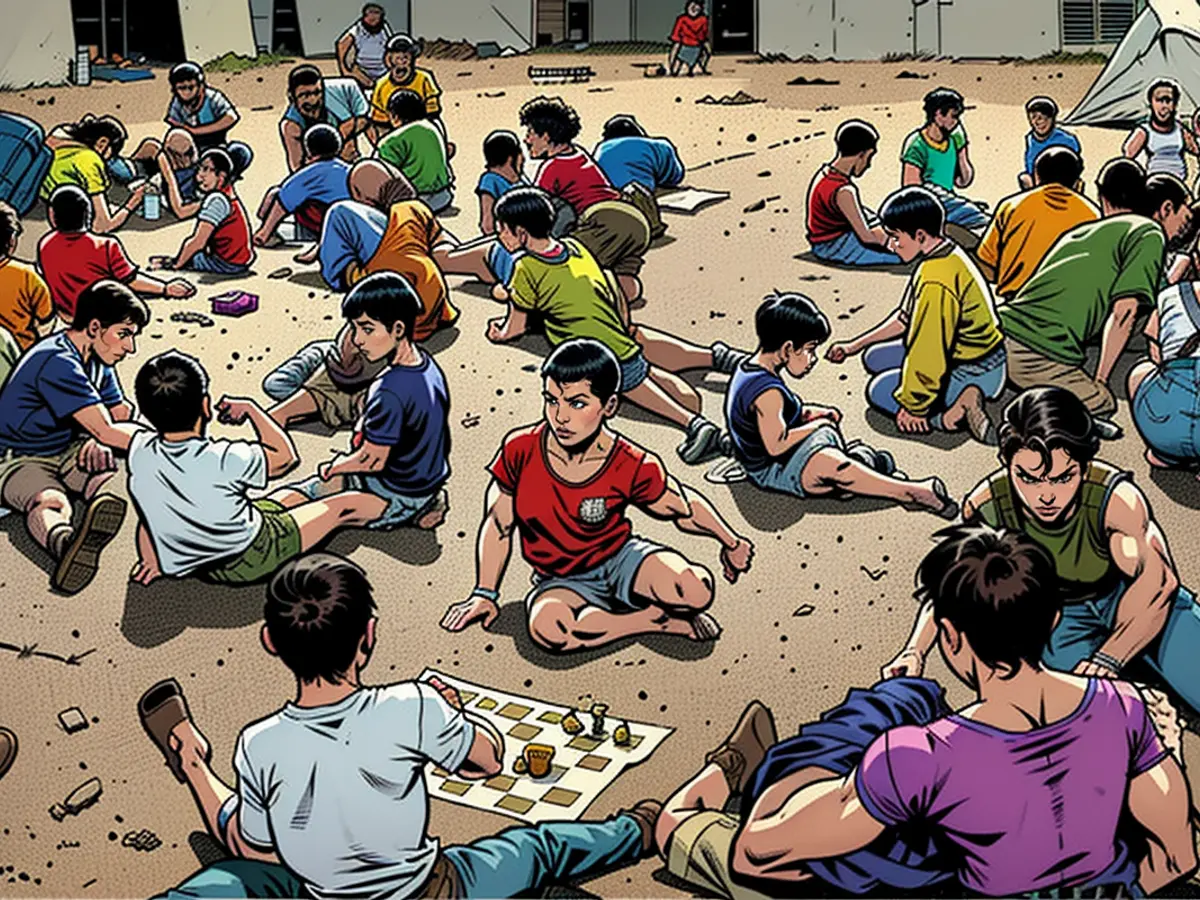
"It Calms Me Down"
Soga comprises around 100 registered children. This includes 9-year-old Heritier, who is still mastering the game but has sufficient confidence to assist others. "Here," he says, his fingers moving swiftly over the "board". "I'm protecting my king. I must sacrifice my queen. Observe that?" The boy adores the game, he says: "It calms me down."
The Trauma of Children in Eastern Congo is Unimaginable, with Some Members of the Chess Club Having Lived in the Kanyaruchinya Camp for Almost Two Years. Humanitarian Organizations are Striving to Provide as Many of the Millions of Displaced People as Possible with Food and Shelter. The Future remains Uncertain for Most Refugees. But in Heritier's Wide Smile and Rediscovered Joy in a Game - a Simple Delight for So Many Children - the Club Organizers See a Glimmer of Hope. "The Perspective of These Children Has Shifted Dramatically," Says Nzaji. "They Approach Life with a Different Sense of Purpose."
13-Year-Old Wins Chess Tournament
The organizers have observed that most children generally spend their camp days involved in aggressive, war-styled games, sometimes armed with sticks that they use to strike each other. Chess, the club operators hope, provides them with something different from reenacting the conflict they've experienced in their surroundings.
Akili Bashige, the chairman of the Soga Club, speaks of how sections of the camp have been transformed into zones of optimism - all thanks to children playing chess. "In spite of their limited resources, their enthusiasm remains undeterred," he says about his young club members. Soga has also introduced the game in orphanages in the area and, according to Bashige, plans to establish clubs for children living on the streets in nearby towns and villages.
The club can also provide parents, worried about their children and their future, with some reassurance. The 13-year-old Arusi recently won a chess tournament, forging a reputation as a resolute competitor. Her mother, Feza Twambaze, beams with pride as she recounts her daughter's achievements. "Before the Soga Chess, they were idle, due to the war and lack of school," she says about the children in the camp and her daughter. "Seeing them engaged and developing brings me immense joy."
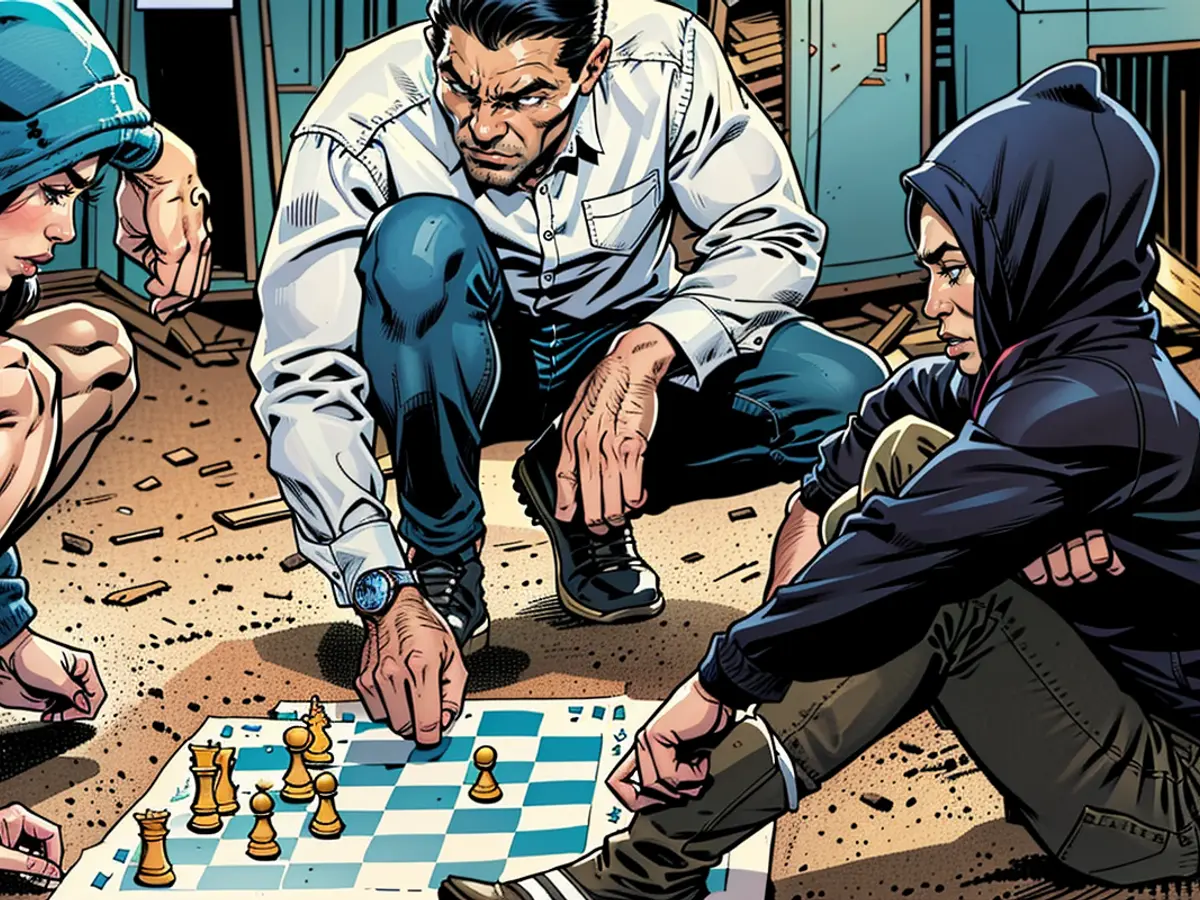
The Soga Chess Club receives support from various humanitarian organizations, including those within the European Union, to continue providing a safe space for children affected by the conflict in the Congo. The European Union recognizes the importance of such initiatives in promoting mental health and education for displaced children.
The victory of Arusi in the chess tournament has also gained recognition from international chess associations, with the European Chess Union expressing interest in inviting her to participate in their events, further showcasing the potential of the Soga Chess Club to help children rebuild their lives.
